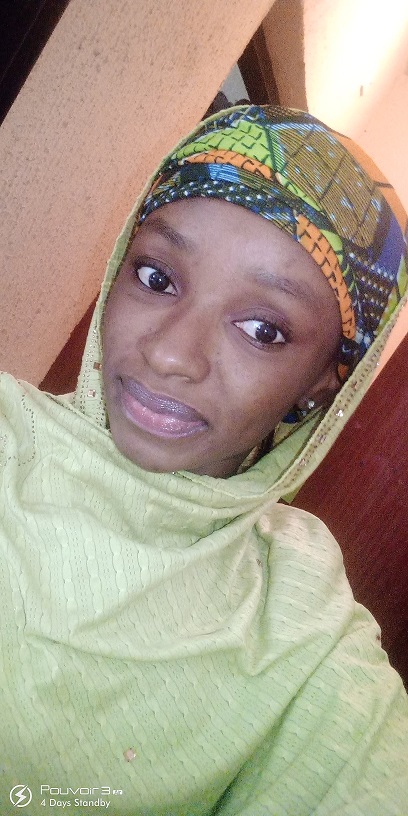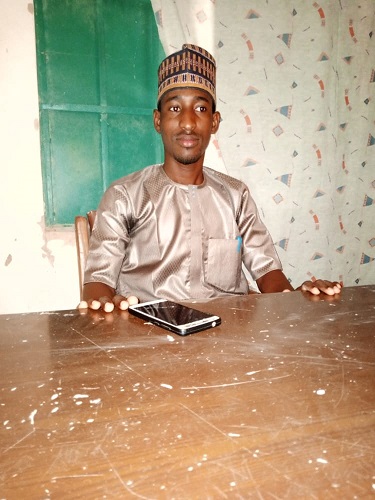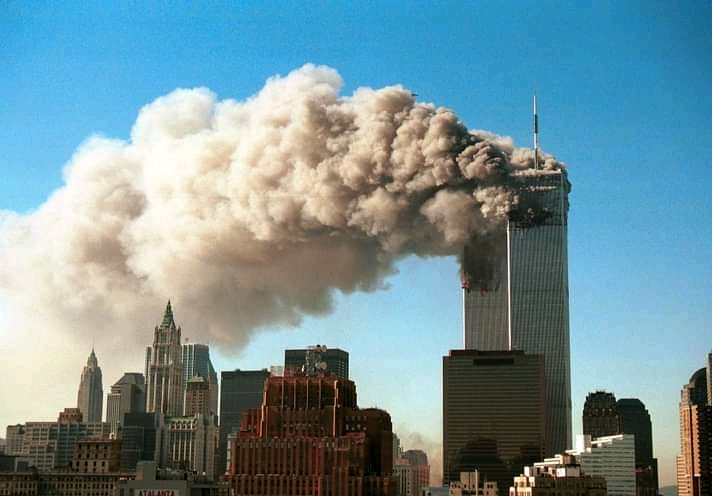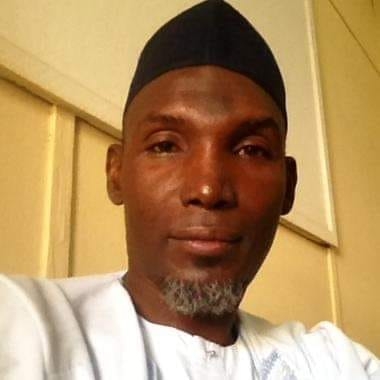What set the Taliban agenda apart from India’s Bharatiya Janata Party (BJP)?
By Aliyu Sa'adatu Disturbing images and news keep coming out of India where Muslim men and women continue to be harassed and prosecuted by Hindu zealots, but little has been…





